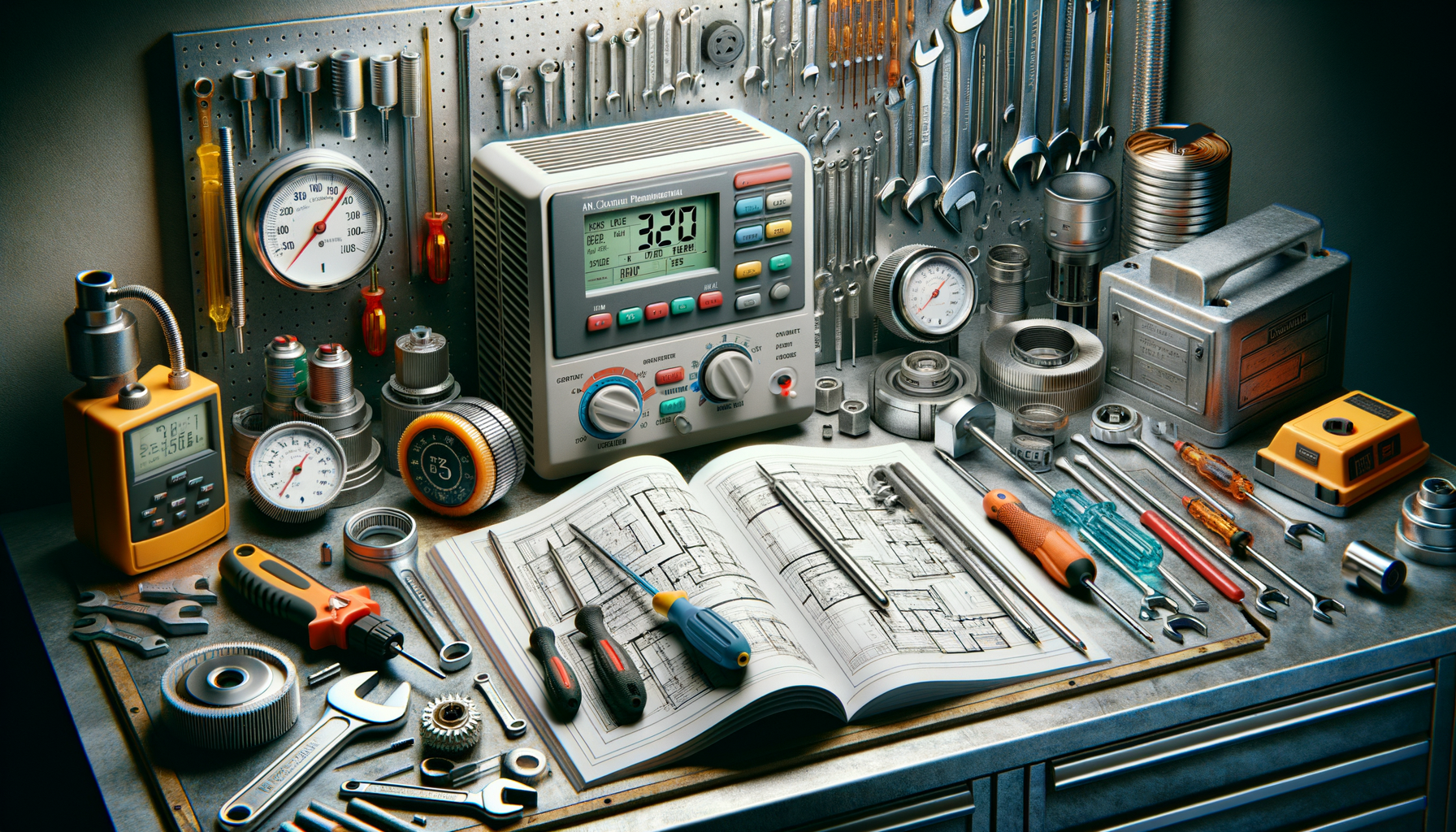
Interested in HVAC Technician Training in the UK? Begin Here
Understanding the Role of an HVAC Technician
Heating, Ventilation, and Air Conditioning (HVAC) technicians are essential in maintaining the comfort and safety of indoor environments. Their role involves installing, repairing, and maintaining systems that control air quality and temperature. In the UK, the demand for skilled HVAC technicians is on the rise, driven by a growing emphasis on energy efficiency and sustainable building practices.
HVAC technicians work in diverse settings, including residential, commercial, and industrial environments. Their tasks can range from simple maintenance checks to complex installations of state-of-the-art systems. Key responsibilities include:
- Diagnosing and repairing HVAC systems.
- Installing new heating and cooling systems.
- Ensuring compliance with health and safety regulations.
- Providing routine maintenance to prevent system failures.
With the UK’s commitment to reducing carbon emissions, HVAC technicians are increasingly involved in projects that incorporate renewable energy sources, such as solar panels and geothermal systems. This evolution in the industry underscores the importance of continuous learning and adaptation for HVAC professionals.
Pathways to Becoming an HVAC Technician in the UK
Embarking on a career as an HVAC technician requires a combination of formal education, hands-on training, and certification. In the UK, there are several pathways to enter this field, each catering to different learning preferences and career goals.
One common route is through apprenticeships, which offer a blend of classroom instruction and on-the-job training. Apprenticeships typically last between two to four years and provide a comprehensive understanding of HVAC systems. They also offer the opportunity to earn while you learn, making them an attractive option for many.
Alternatively, aspiring HVAC technicians can enroll in vocational courses or technical colleges that offer specialized programs in HVAC technology. These programs often include modules on system design, installation techniques, and energy efficiency.
Certification is another crucial step in establishing a career in HVAC. In the UK, obtaining certifications such as the Level 2 NVQ Diploma in Installing and Maintaining Refrigeration Systems can enhance job prospects and credibility in the industry.
The Future of HVAC Technicians: Trends and Opportunities
The HVAC industry is evolving rapidly, driven by technological advancements and environmental considerations. For HVAC technicians, this evolution presents both challenges and opportunities.
One of the most significant trends is the integration of smart technologies into HVAC systems. Technicians now need to be adept at installing and maintaining systems that can be controlled remotely via smartphones or computers. This shift towards smart HVAC solutions is part of a broader movement towards building automation and energy efficiency.
Furthermore, the push for greener technologies is reshaping the HVAC landscape. Technicians are increasingly working with systems that utilize alternative energy sources, such as solar and wind power. This trend not only reduces environmental impact but also opens new avenues for skilled technicians to specialize in renewable energy systems.
The demand for HVAC technicians in the UK is expected to grow as the country continues to prioritize energy efficiency and sustainable development. For individuals considering this career path, the future holds promising opportunities for growth and specialization.


